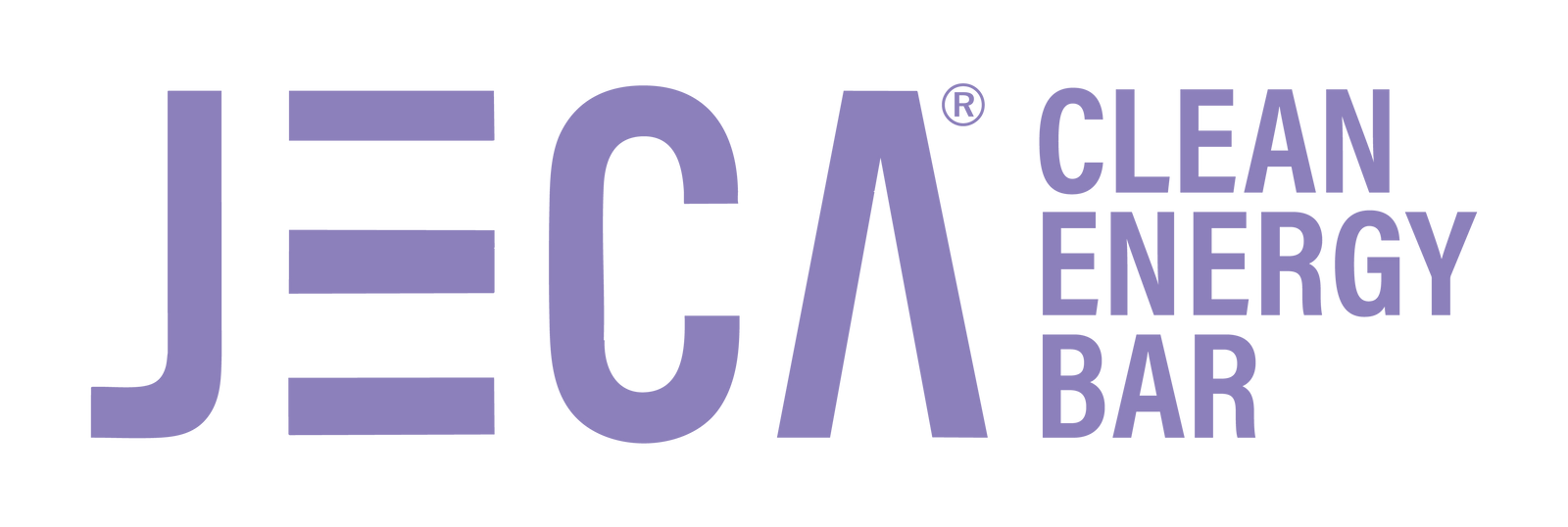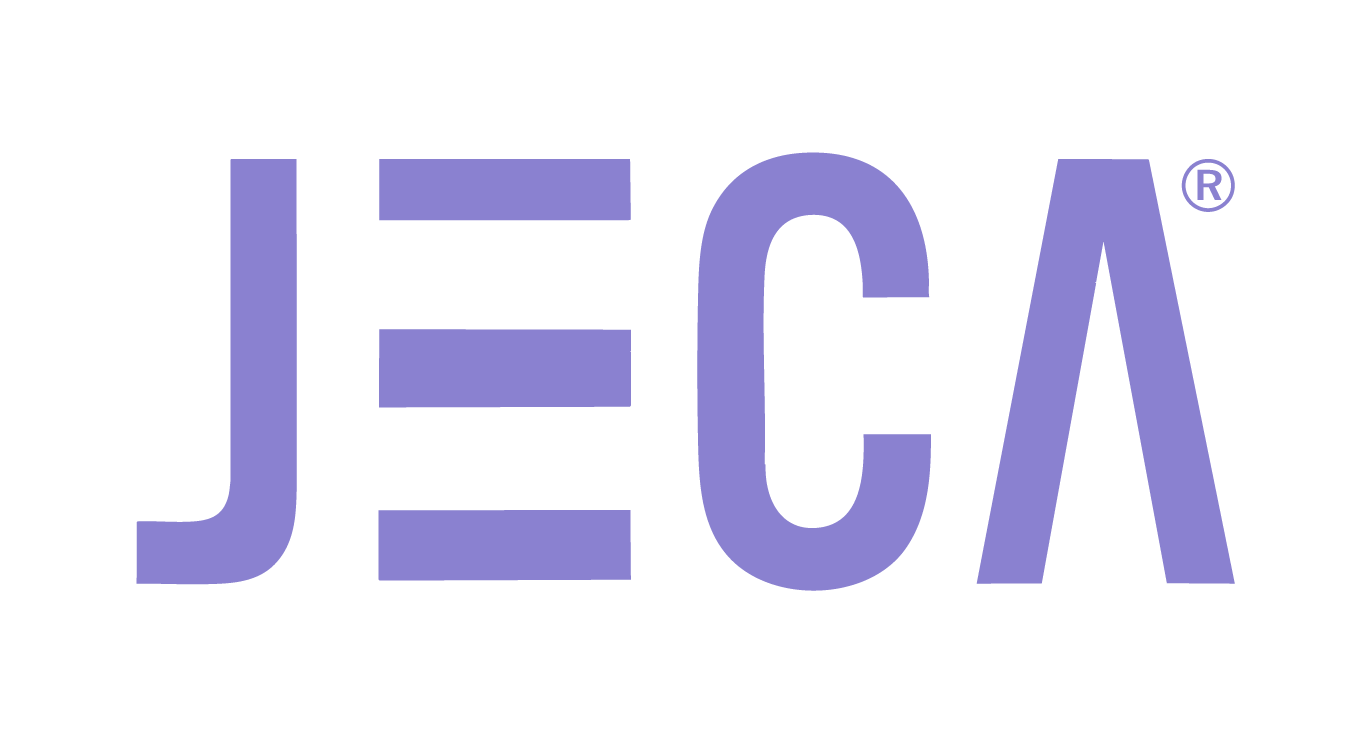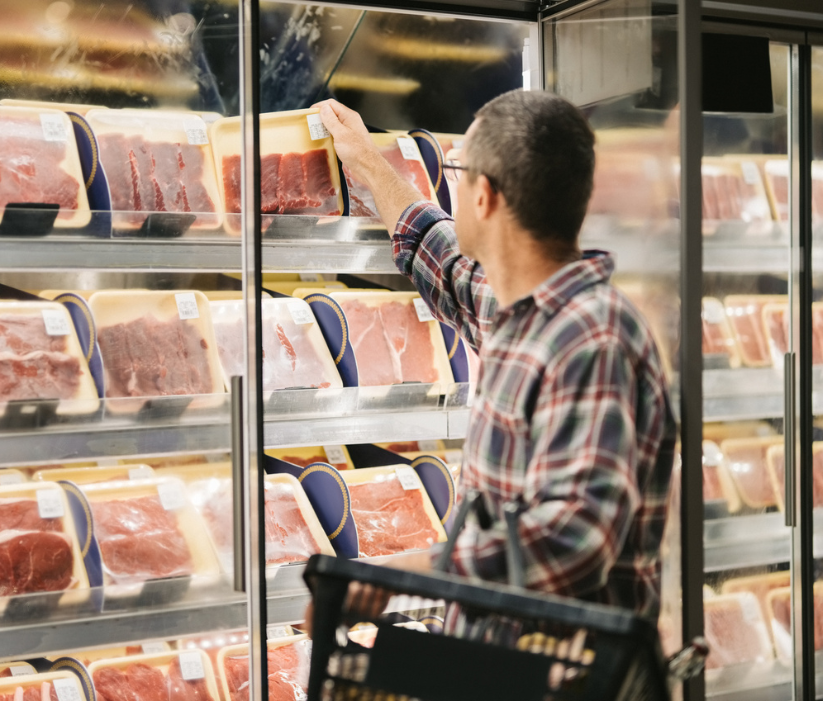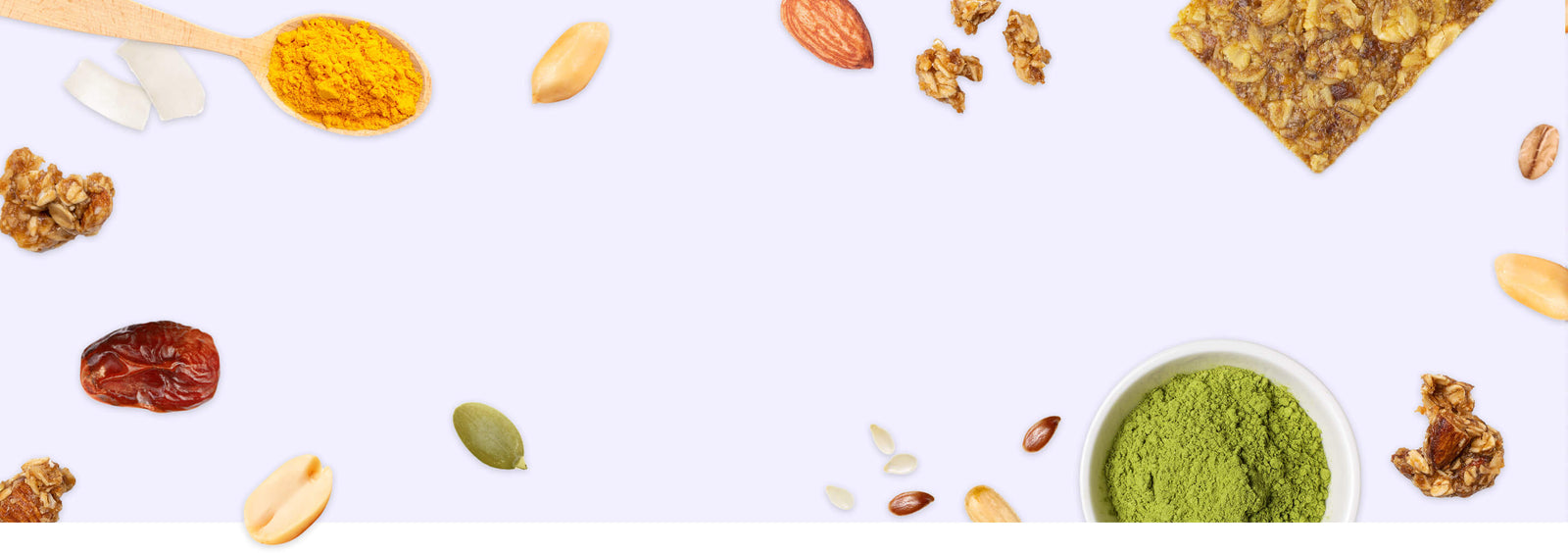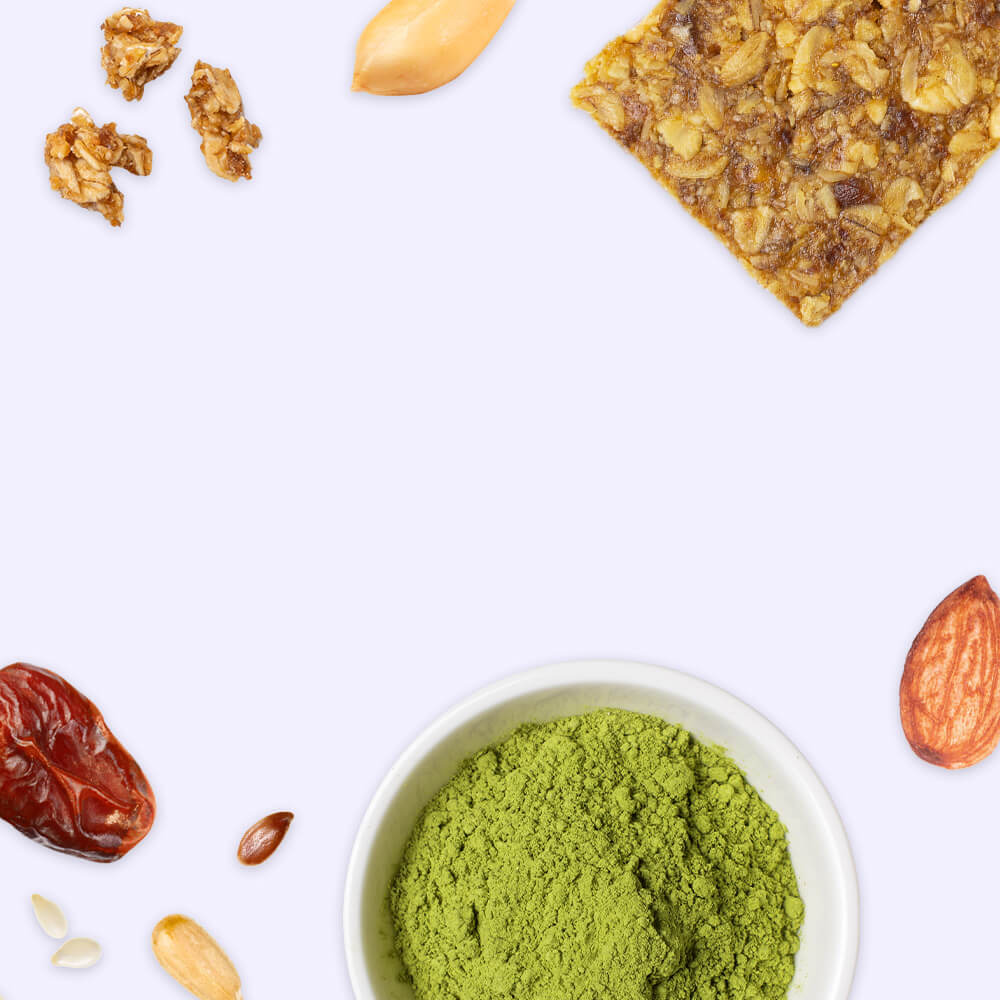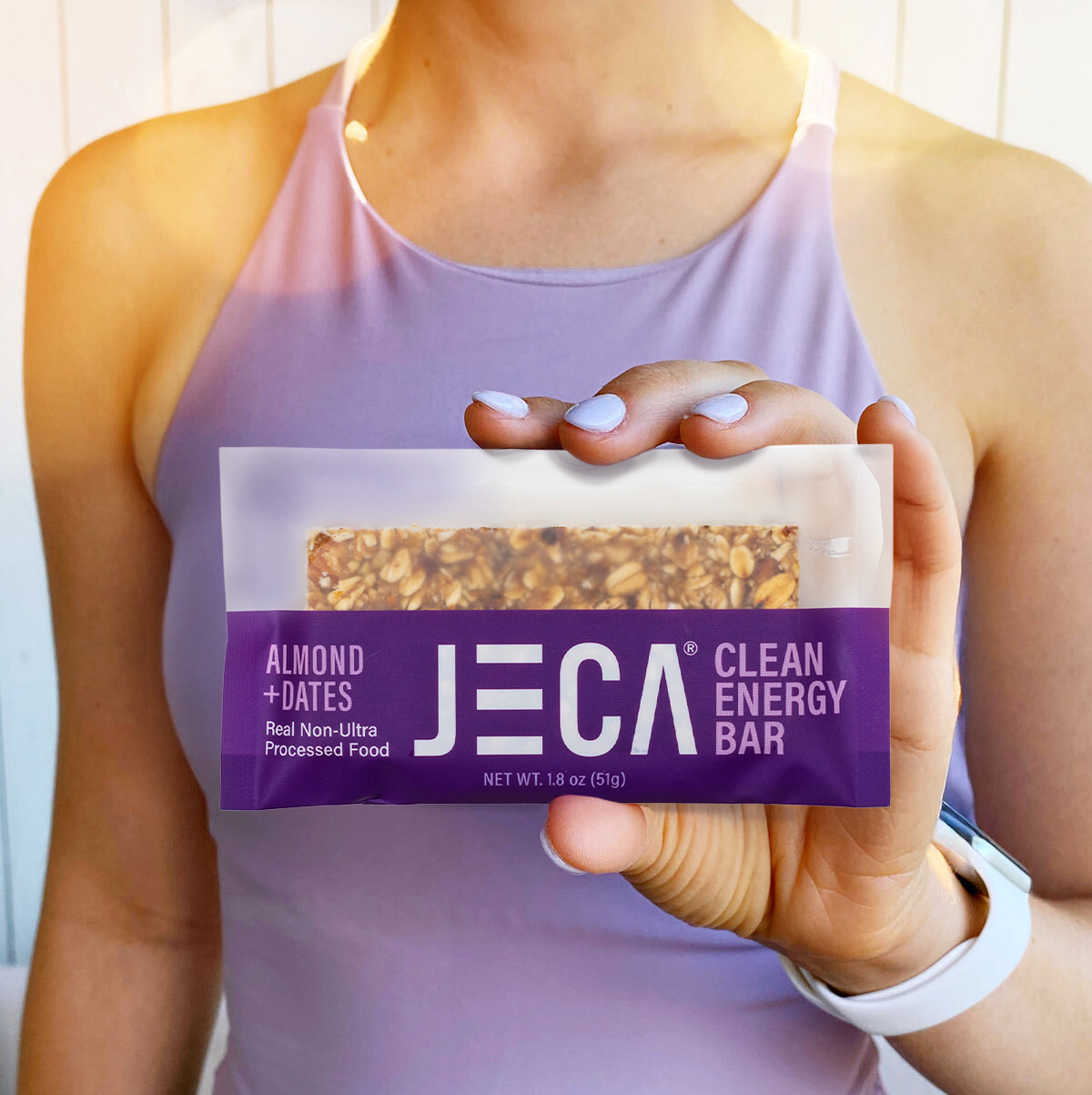We all know protein is essential, but too much of a good thing can backfire. Recent guidance has exposed the unintended consequences of chasing high-protein diets, especially through ultra-processed bars and powders.
Red Flags of Protein Overload
Olive Magazine just recently posted an article on how overconsuming protein can lead to some unexpected (and uncomfortable) signs, including:
- Stomach Issues – Bloated, gassy stomachs caused by additives or lactose-heavy protein powders.
- Bad breath – Low-carb, high-protein diets can trigger ketosis, causing persistent metallic or acetone-like breath.
- “Keto flu” – Symptoms like nausea, lightheadedness, and headaches, often triggered by rapid fluid and sodium loss.
- Diarrhea – From processed meats and low-fiber diets, especially when paired with protein powders.
- Constipation – High protein without adequate fiber from plants disrupts digestion.
- Kidney stones – A high acid load from excessive protein can hamper calcium absorption and stress the kidneys.
- Brain fog and dizziness – Carbs are the brain’s primary fuel; eliminating too many in favor of protein can impair focus.
- Gut issues – Additives in protein products may disrupt your microbiome.
- Weight gain – Excess protein turns into fat when intake exceeds needs.
- Cancer risk – High red and processed meat intake is linked to increased cancer risk
These symptoms highlight a core issue: more protein doesn’t always mean better health, especially when it comes from ultraprocessed foods labeled as “high protein” and geared toward active individuals.
What to Look For In Energy Bars
A recent Consumer Reports review showed that the healthiest energy bar options shared one key trait: they were made with wholesome, real ingredients like nuts, seeds, whole grains, and dried fruit. Many bars, especially those high in added sugars, weren’t much healthier than a candy bar.
The report recommended looking for bars with no more than 7 grams of added sugar, protein from real food sources such as nuts and seeds instead of soy or pea protein powders, and fiber from whole grains rather than isolated or added fiber.
These findings directly align with JECA’s philosophy.
Why JECA Energy Bars Offer a Smarter Fuel
At JECA, we believe in nourishing, not overwhelming, your body with real, non-ultra processed whole food. This means:
- No artificial flavors, colors or preservatives
- Really low sodium
- A good source of magnesium
- No soy, dairy, oils, or refined sugar
- Natural protein
JECA energy bars were founded with your health in mind. Read more about our dedication to clean ingredients and nutritious alternatives to the ultra-processed products on the market and browse our globally-inspired flavors.
